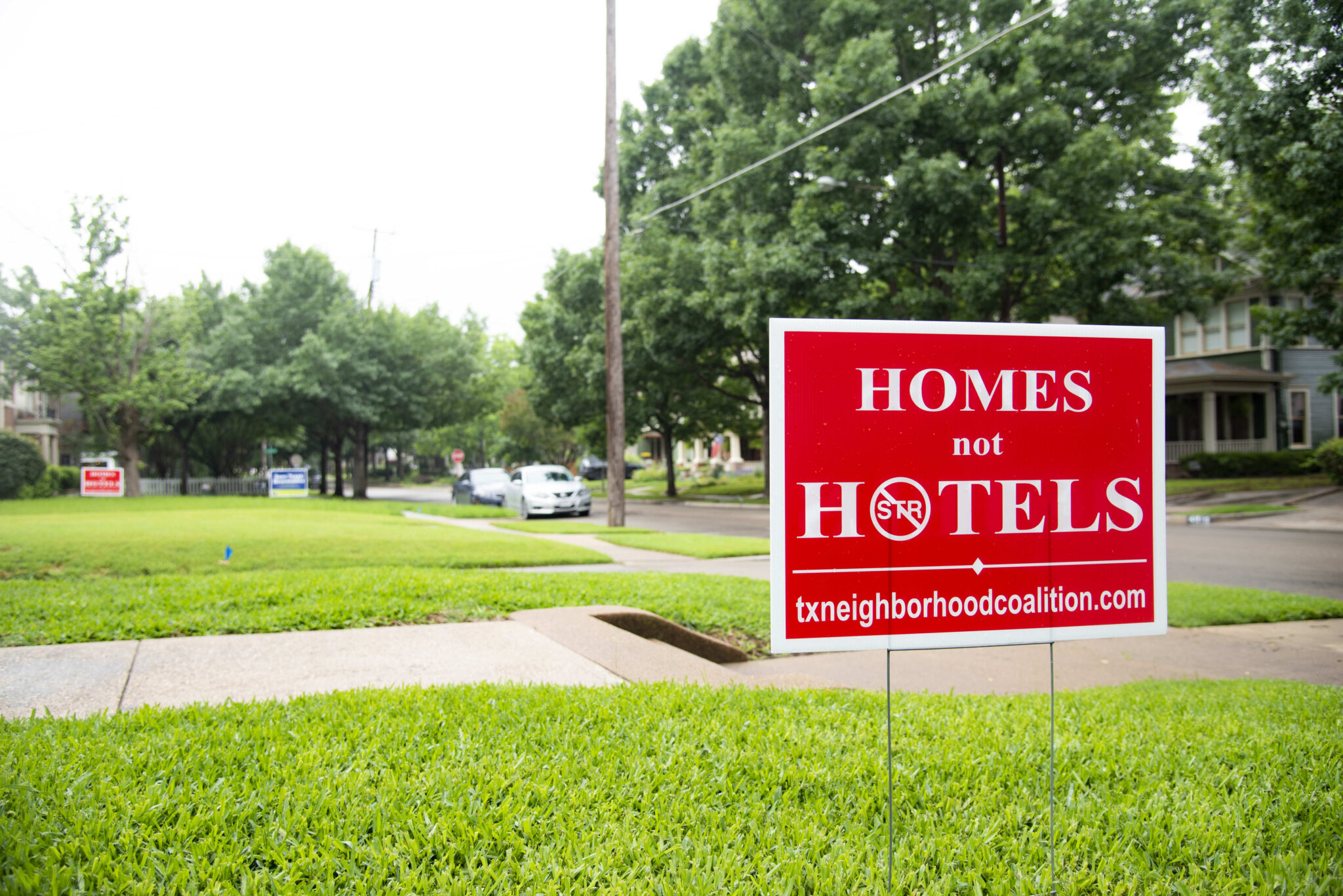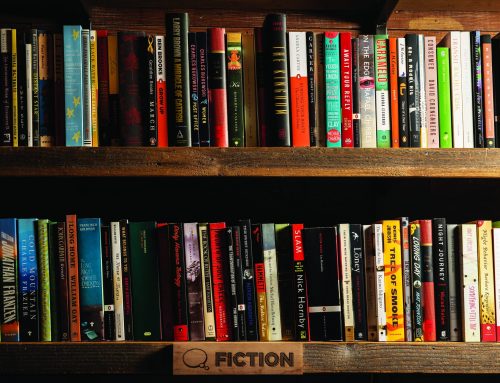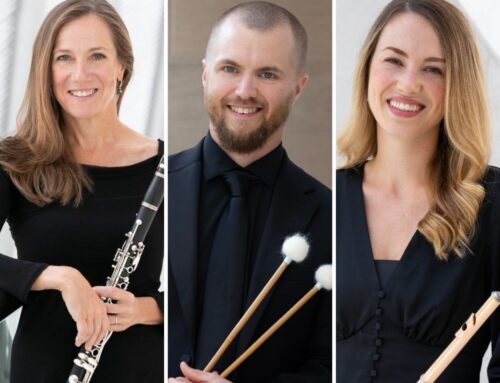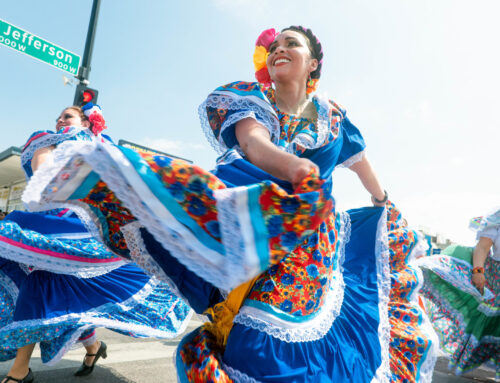Jerri Locke paid for a vacation last year using the money she made from the tiny house in her backyard that she rents out on Airbnb. She has been paying off her house with that money, too, and planned to retire on the steady flow of cash.
But after last week’s City Council vote that banned short term rentals in single-family neighborhoods, Locke has been left “dumbfounded.”
Homeowners throughout District 1, including Locke, who rent out properties on the websites Airbnb and Vrbo will have to cease operations in six months when enforcement will begin, according to the ban.
“I’m dumbfounded that was passed the way it was,” Locke said. “It will shut me down.”
The ordinance was passed in a 12-3 vote after five hours of public comment and council debate. Council members Chad West, Casey Thomas and Jaime Resendez voted against the motion.
The short term rental issue has been hotly debated in the last few years, with many Dallas-ites lamenting rowdy party goers taking over neighborhoods via STRs.
Jimmy Watters has lived on Delaware Avenue for 30 years, and said he has been subjected to nuisance noise and behavior due to a cluster of rental units next-door to him.
Friday night, just 48 hours after the city council ban, Watters said cars began showing up for a party at the Airbnb next-door to his home and he listened to loud music, yelling and laughter until 6 a.m. Saturday morning.
“They were being really rowdy, it was a lot,” Watters said.
Watters said he has stayed in Airbnb’s before, but always in out of the way areas. While Watters does not mind renters joining the neighborhood, he said the constant turnover of a short term rental devalues the feeling on the block.
“It’s cool if people are renting the place for the long term, so I have actual neighbors,” Watters said.
But Locke said that Airbnbs are more than just party houses. After six years of hosting, she said the worst thing she has had to deal with is renters who are scared of the neighborhood feral cats.
According data presented to the city council by city staff, 836 out of 57,233 nuisance calls analyzed could be traced back to an STR. Only 4.6% of STR properties had two or more 311 or 911 calls.
“We get a lot of weekend guests coming to Bishop Arts or the Kessler, even Cowboys games,” Locke said. “I think that (STRs) have been very beneficial to the Bishop Arts area.”
During the council discussion about short term rentals, West expressed his disapproval of the ordinance, which was suggested by the city plan commission, and brought forward a litany of amendments to the ban. West said he did not agree with banning STRs in single family neighborhoods and instead encouraged the council to look at regulations such as requiring a homeowner on site and a “two strikes you’re out” policy.
West said he felt the city plan commission’s recommended ban would be difficult to enforce, and punish neighbors like Locke who were operating without issues.
“I am pleased that the problem STRs including party houses will finally be shut down. However, I am disappointed in the heavy handed approach to shut down every STR in single family neighborhoods, which I don’t believe is the best solution nor do I believe will hold up in court,” West said to the Advocate in the days after the vote. “When I did a community survey, shutting down every STR and keeping open every STR were both minority opinions. The plurality of respondents wanted a middle ground with the owner or caretaker-occupied model being the most popular.”
Locke has six months until the enforced ban forces her to shut down her STR operation.
She said she doesn’t have a plan, but has considered options like renting out the tiny house as an office space.
“This is more than just people having a party in one Airbnb that disturbed some neighbors,” Locke said. “This was a bad, rash decision.”







